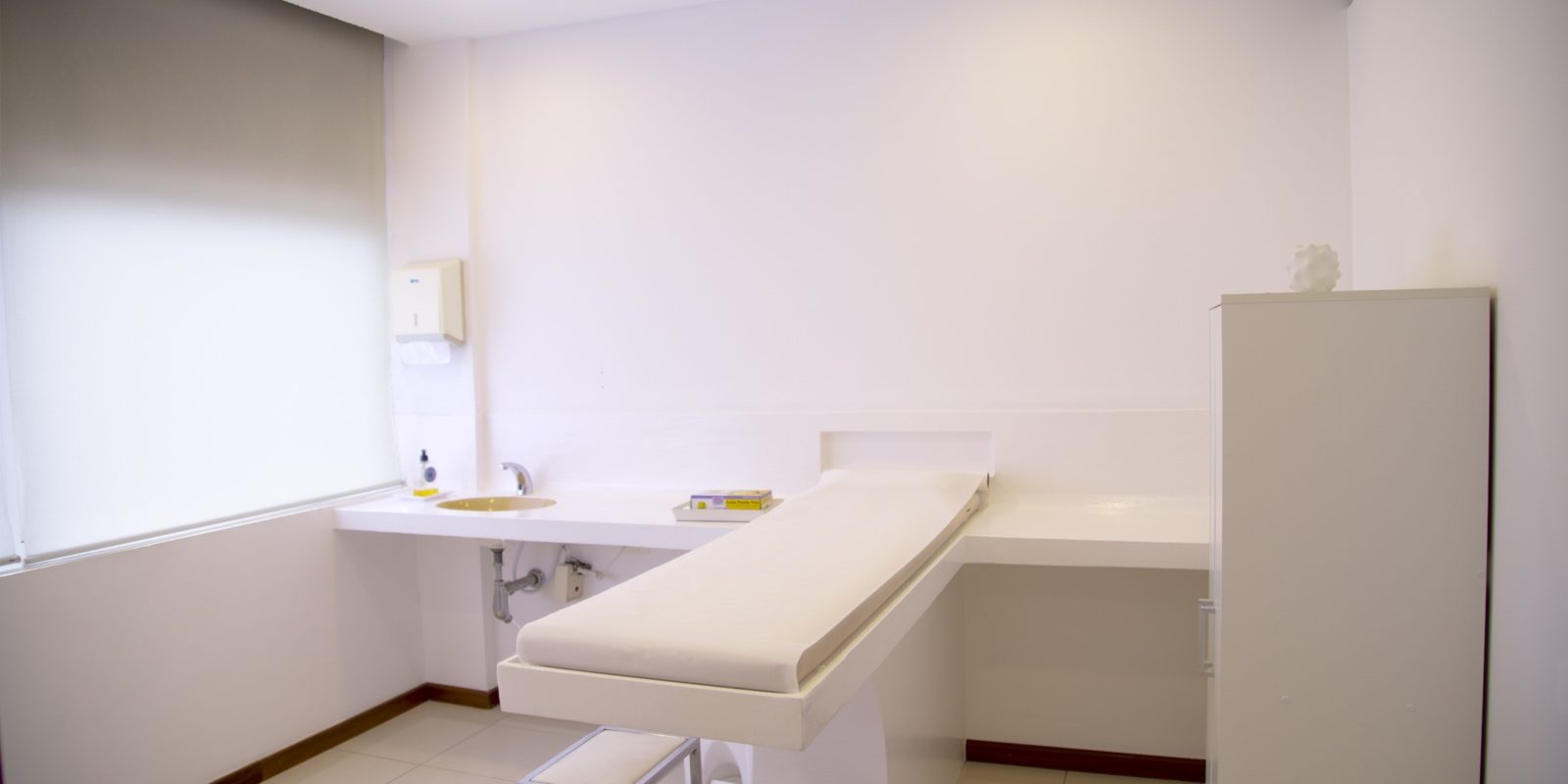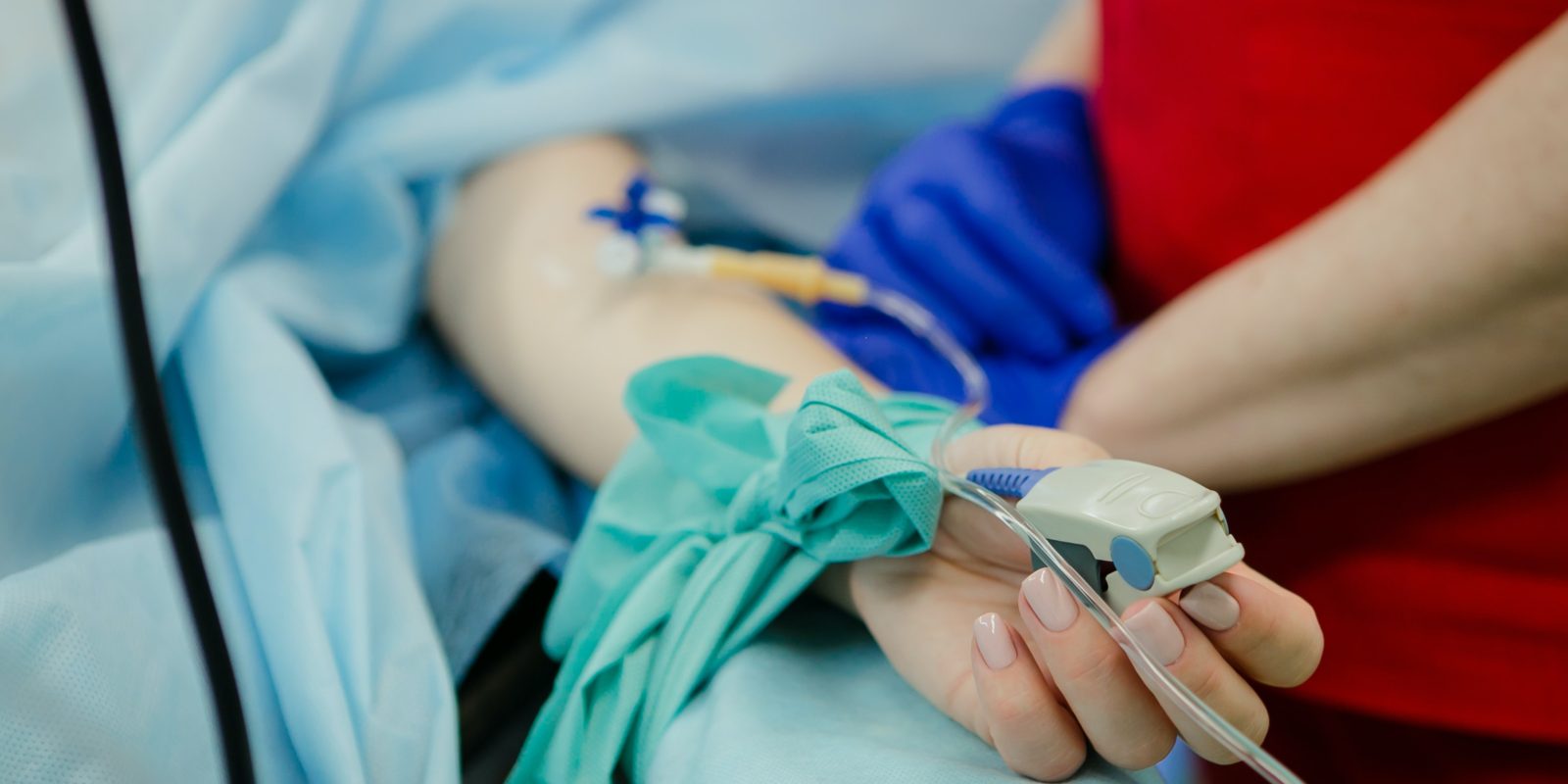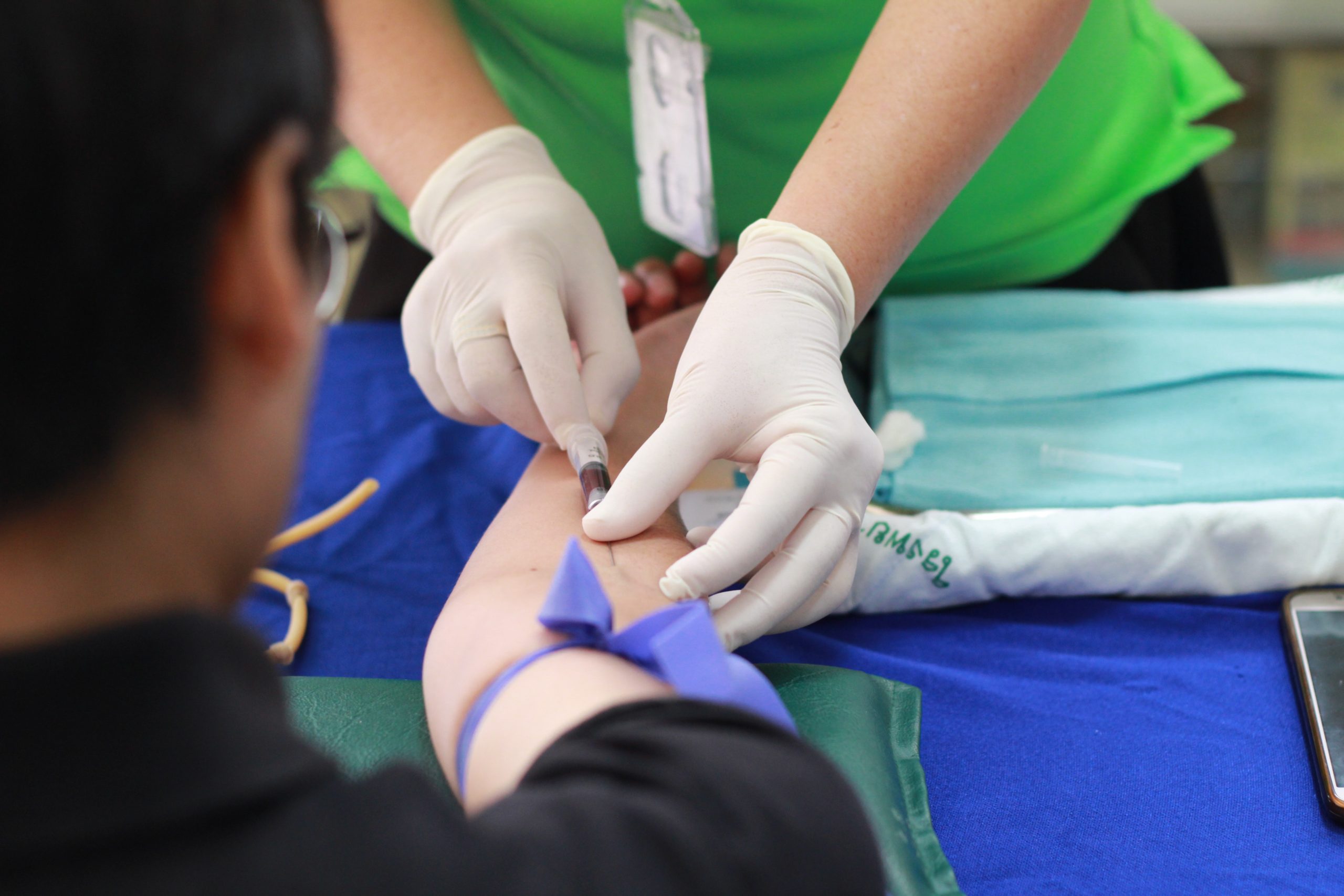In November 2019, I had my first FibroScan. This noninvasive test is similar to an ultrasound because the technician passes a probe over your liver, pressing in between your ribs. How Does a FibroScan Work? At the end of the wand is a button that sends a pulse through your liver to check the elasticity […]
4 Types of Pain You Might Experience After your Liver Biopsy and How to Manage It
Welcome back to my 4-part series all about the liver biopsy experience! In this post, I’m going to share the types of pain I experienced in my liver, shoulder, back, and chest after my liver biopsy and how I helped manage the pain without medication. If you missed Part 1 of this liver biopsy series […]
How to Prepare for a Liver Biopsy (Plus Tips to Help You Safely Recover)
Welcome back to my 4-part series all about the liver biopsy experience! Today I’m going to share how I prepared for my liver biopsy, beginning one month in advance! I also offer some tips about things that helped me recover. If you missed Part 1, definitely check it out because I talk all about the […]
PSC Awareness Day 2019: Thank You to the Boy Who Called Me a Superhero
I attended a primary sclerosing cholangitis symposium in 2018, hosted by PSC Partners Seeking a Cure. During this weekend-long event, a young boy gave a short speech that changed my perspective on living with PSC. So in honor of PSC Awareness Day this year, I’d like to share the story about this speech that focused […]
2 Simple Ways You Can Support the PSC Community, Even if You Don’t Have the Disease
What is primary sclerosing cholangitis, how is it connected to IBD, and why is there an organ shortage for those on the liver transplant list? I’ll answer all these questions in today’s PSC Awareness Day blog post and share how you can support the PSC community—even if you don’t know anyone with the disease! What […]
The Strange Link Between Elevated Liver Numbers and Failing Remicade
Near the end of 2017, I had elevated liver numbers while I simultaneously began to lose response to Remicade without developing Remicade antibodies. The combination of these two red flags is a sign that there might be something deeper at play than just ulcerative colitis. A lot of the time, these signs point to a […]





